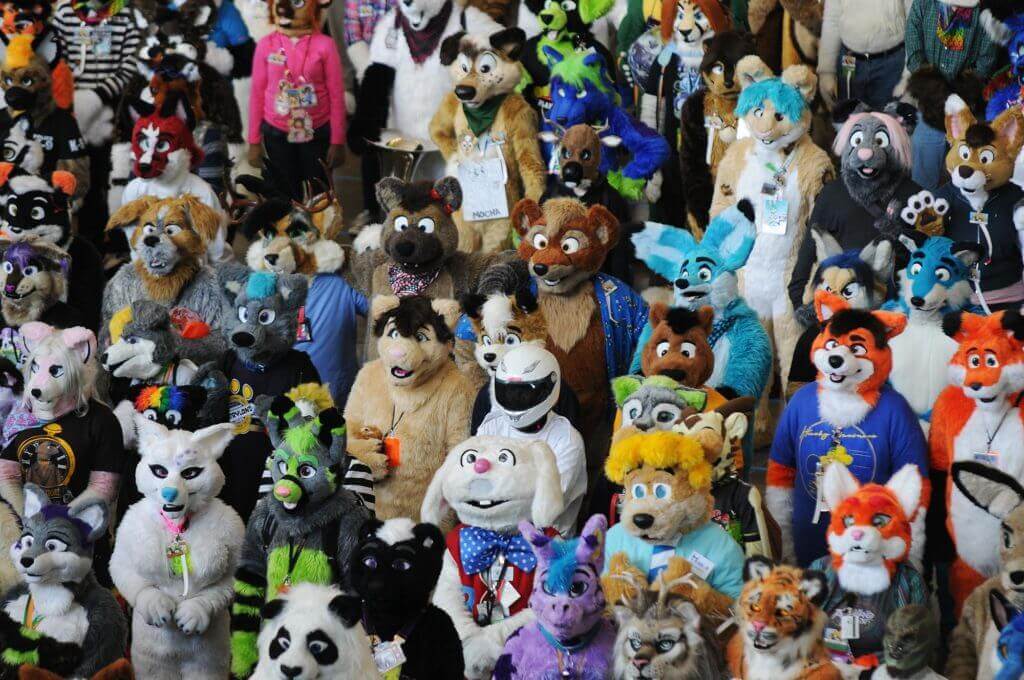
A couple of weeks ago, we shared 10 must-haves for a complete revenue optimization solution, at the top of that list was Accurate Forecasting.
NB: This is an article from Rainmaker
If we were to publish a list of 10 “must-haves” in your demand forecasting process, events would almost certainly be in our top 5. A forecast that doesn’t incorporate events simply cannot be consistently accurate. And an inaccurate forecast will not result in rate recommendations that will secure the most revenue.
Monitoring events closely is a necessary function that will significantly impact the accuracy of a hotel’s forecasts. Major holidays such as Valentine’s Day or New Year’s Eve are rarely overlooked. However, it is important to add other events that are specific to the city or property. Will the city host the Super Bowl this year? Is a major music icon stopping in your city for a concert? Look out for national conferences, major music festivals, or even parties or gatherings sponsored by the hotel and make sure these are included in your forecast.
The forecast created from your RMS should provide a picture of total, unconstrained demand for future dates in order to recommend the best price. Events can cause a huge influx of traffic and demand to an area. If you don’t incorporate events and happenings within your city or market into your forecast, how can you trust the accuracy of your pricing?
To make sure you’ve considered all the events that may affect demand in your area, continually research the local news outlets, concert and ticket sites, and other resources to keep a finger on the pulse of what’s in your city’s pipeline. Even events such as repaving the road or other construction near the hotel will cause shifts in demand.
One easy tip for staying ahead of the events in your area is to build a relationship with your city’s convention and visitors bureau. Always check their schedules and keep open lines of communication to learn about events that may not be highly publicized. The point of monitoring events is to gain an understanding of how they will affect the business. Gauging how far in advance guests, whether groups or individuals, are booking rooms around these events will provide a much more accurate demand picture.
In its simplest form, a revenue manager’s job is to develop a pricing strategy for a hotel that will boost revenue. A critical first step in creating a revenue management strategy is to forecast future demand. Hotel rooms are perishable, meaning their value is lost for any given night they are not booked. Even if the goal is not full occupancy, there is a need to understand upcoming demand to determine what prices various customers will be willing to pay on a given night.
If you’re not including events in your demand forecast, you don’t have the full picture, and there’s no way to have a fully accurate forecast to create your pricing strategy. Openly discuss this with your team, early and often, and challenge your existing forecasting process. Then consider whether or not you’re satisfied with the results. If there’s any question to that answer, maybe it’s time to consider a change?




